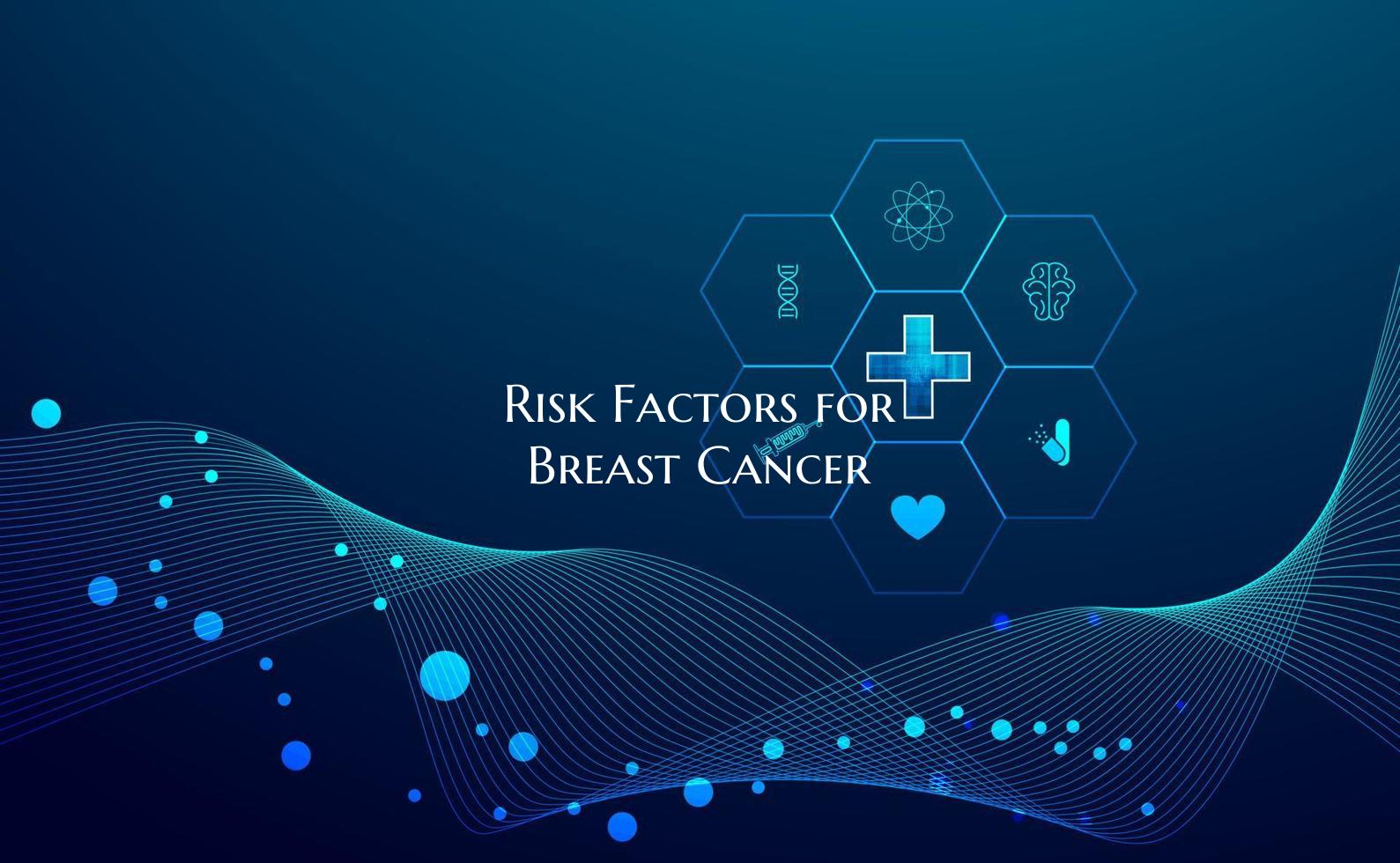
Risk Factors for Breast Cancer
Breast cancer is one of the most common types of cancer that affects women worldwide. While the exact causes of breast cancer are not yet fully understood, there are several known risk factors that can increase a woman's likelihood of developing the disease. Being aware of these risk factors is crucial for early detection and preventative measures.
1. Age: One of the primary risk factors for breast cancer is age. The risk increases as a woman gets older, with the majority of cases occurring in women over the age of 50.
2. Family history: Women with a family history of breast cancer, especially in a first-degree relative such as a mother, sister, or daughter, have an increased risk of developing the disease.
3. Genetic mutations: Inherited genetic mutations, such as BRCA1 and BRCA2 genes, can significantly increase the risk of breast cancer. Women with these mutations have a much higher likelihood of developing breast cancer compared to those without the mutations.
4. Personal history of breast cancer or certain non-cancerous breast diseases: Women who have previously been diagnosed with breast cancer or certain benign breast conditions, such as atypical hyperplasia, have an increased risk of developing breast cancer in the future.
5. Hormone levels: High estrogen levels, whether naturally occurring or due to hormone replacement therapy, can increase the risk of breast cancer. Early menstruation (before age 12) and late menopause (after age 55) are also associated with a higher risk.
6. Lifestyle factors: Certain lifestyle choices can impact the risk of breast cancer. These include excessive alcohol consumption, lack of physical activity, being overweight or obese, and smoking.
7. Radiation exposure: Previous radiation treatment to the chest, especially at a young age, can increase the risk of breast cancer later in life.
8. Reproductive factors: Women who have never had children or had their first child after the age of 30 may have a higher risk of developing breast cancer. Additionally, women who started menstruating at an early age or experienced late menopause may have an increased risk.
It is essential for women to be proactive about their breast health by understanding these risk factors and discussing their individual risk profile with a healthcare provider. Regular screenings, self-examinations, and healthy lifestyle choices can all play a role in reducing the risk of breast cancer and improving overall well-being. Early detection remains crucial in successful treatment outcomes, making awareness of these risk factors all the more important.